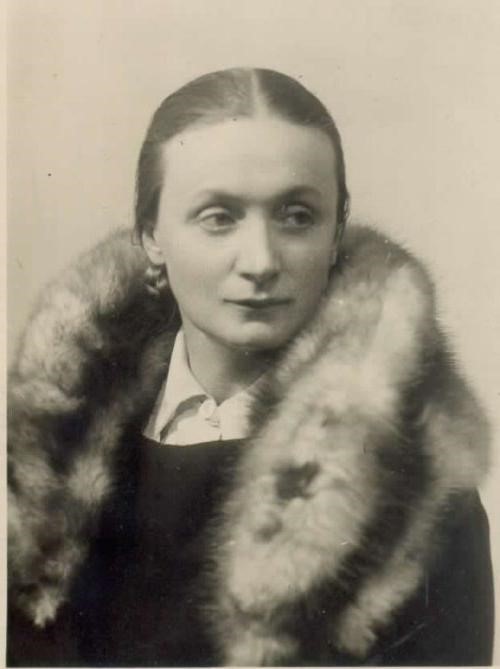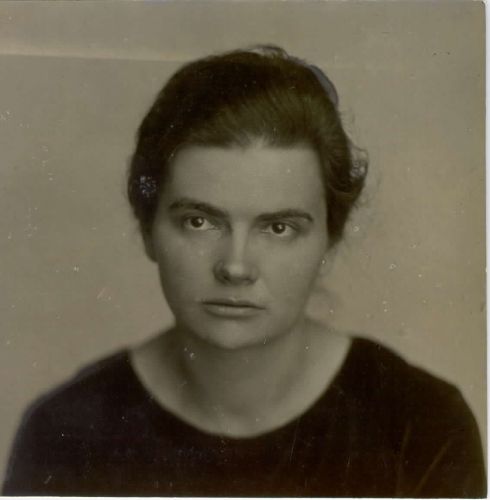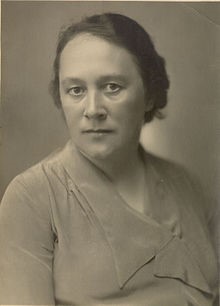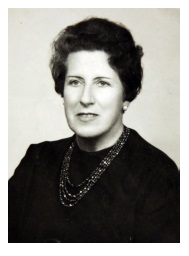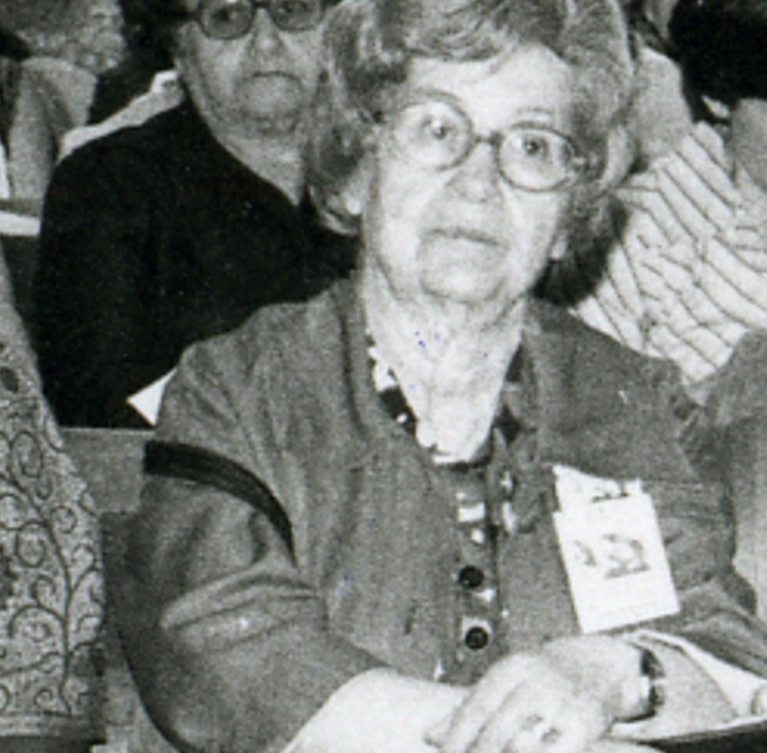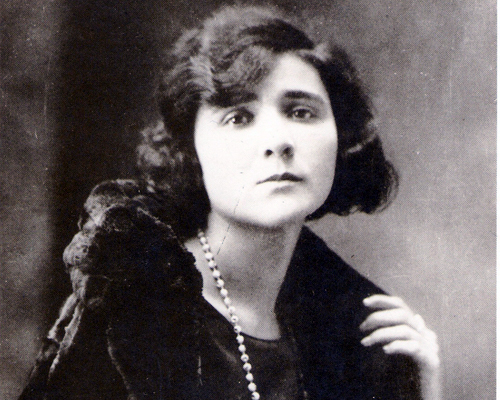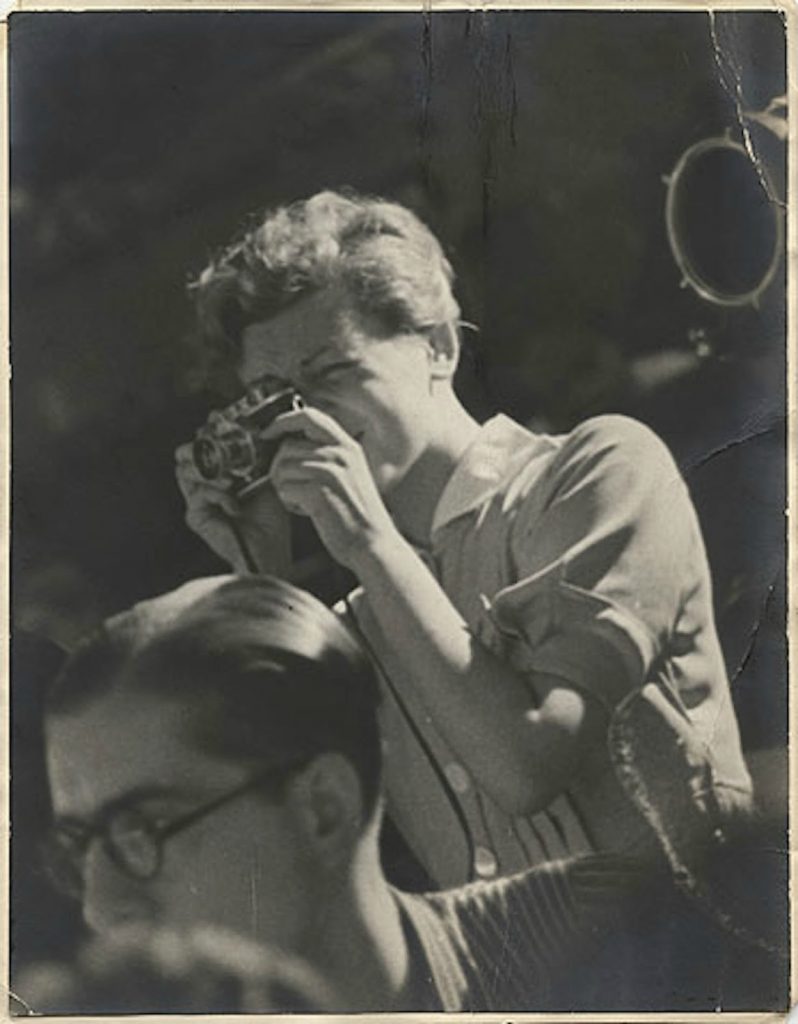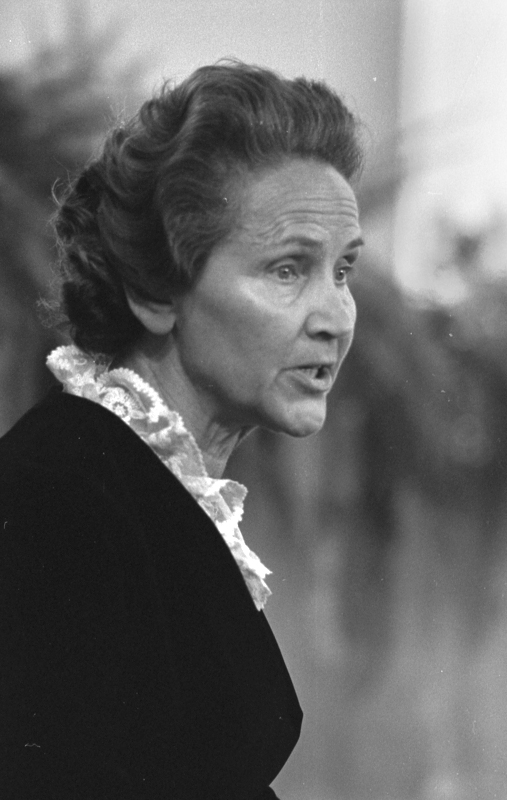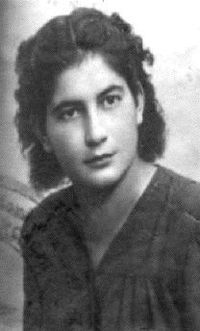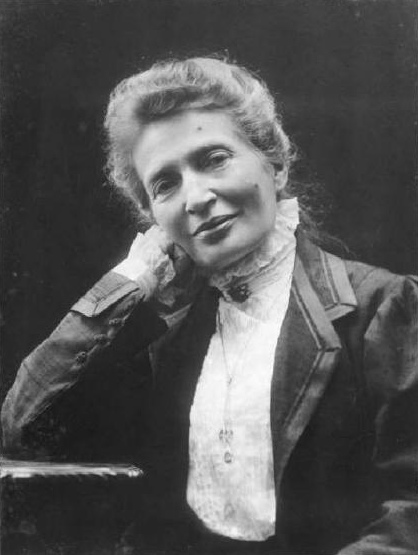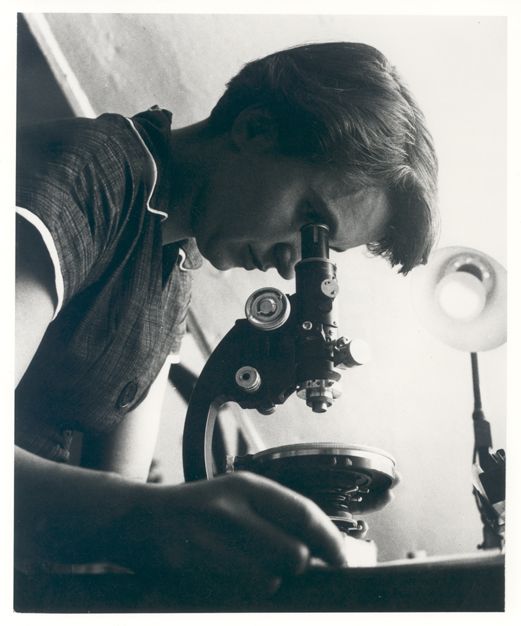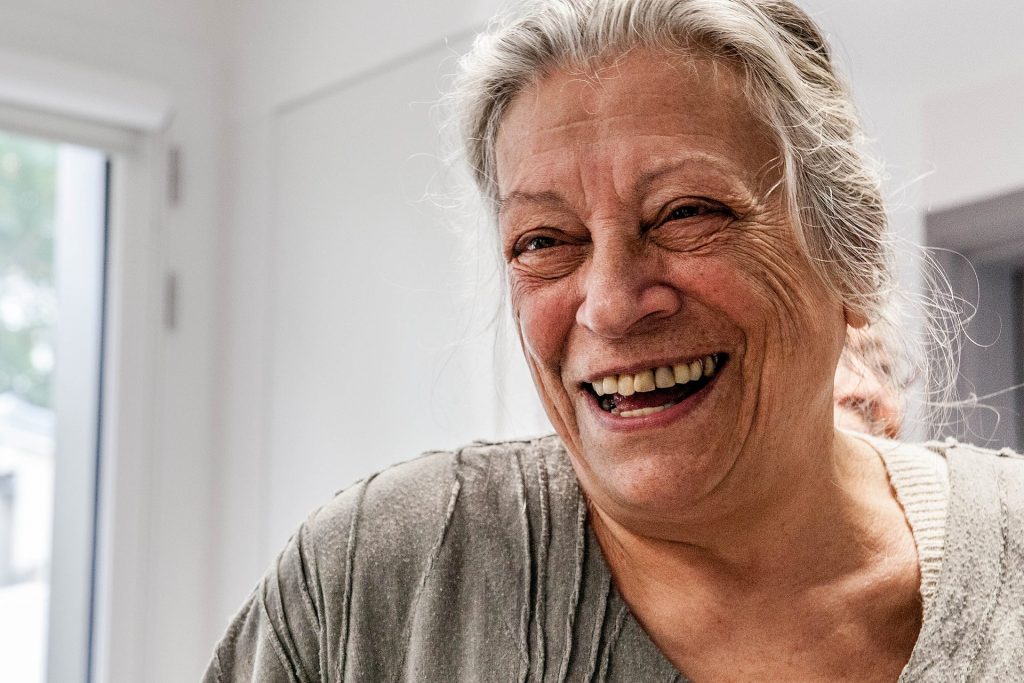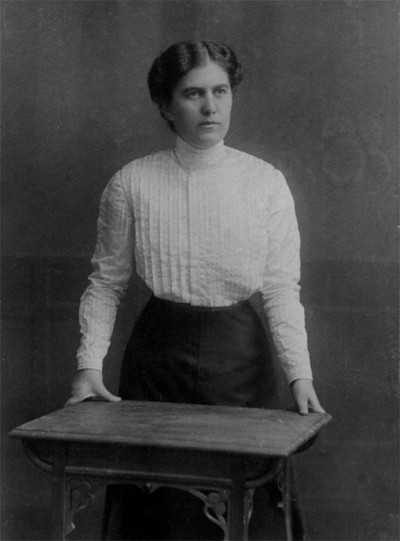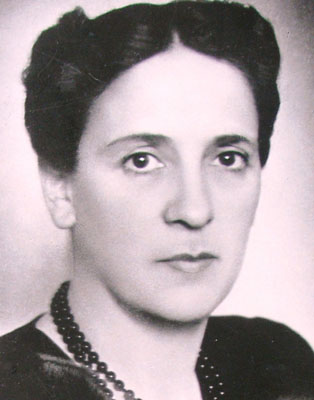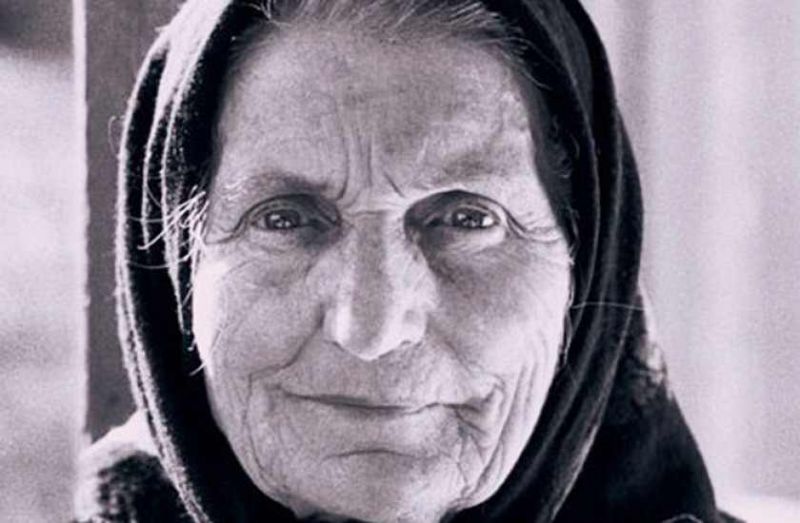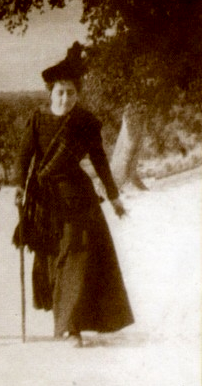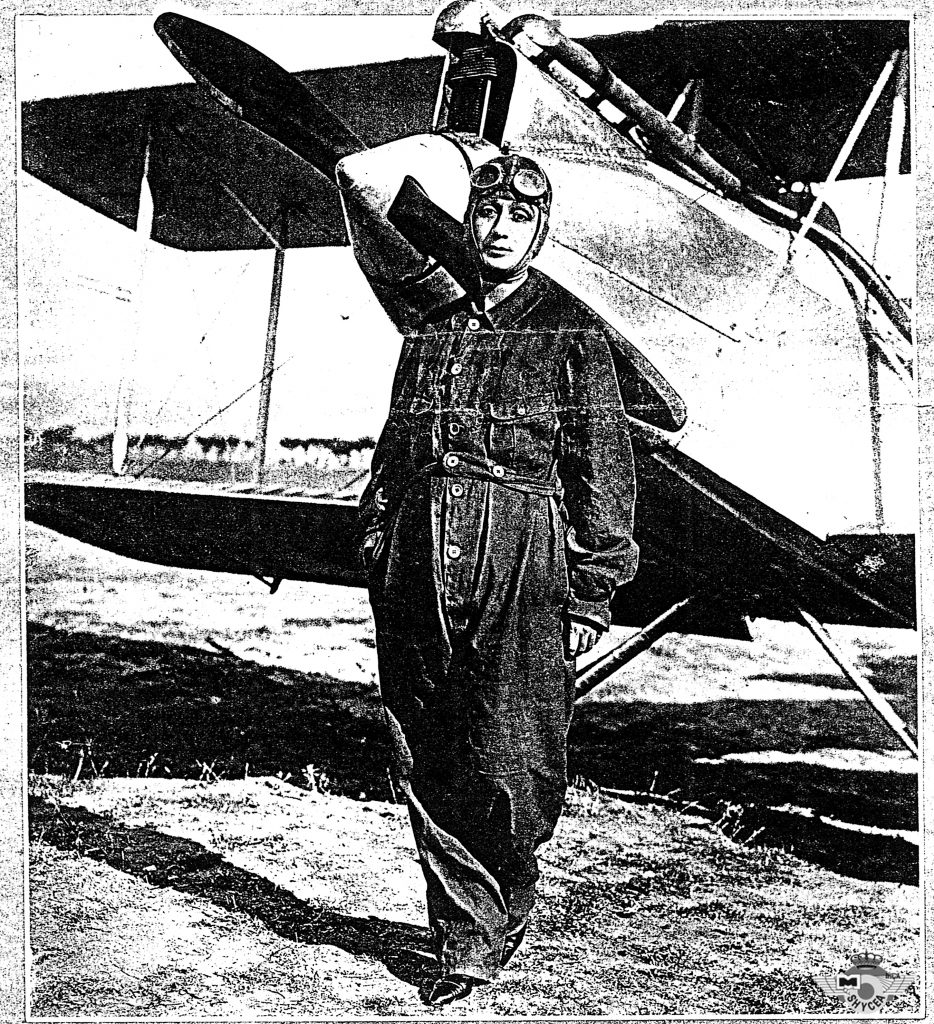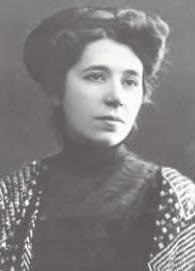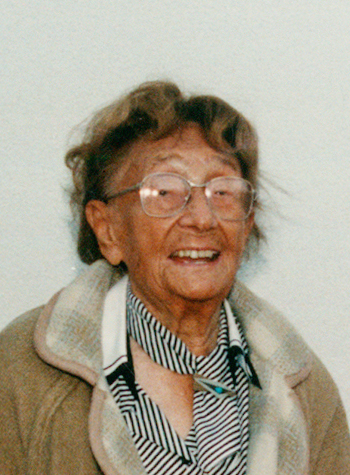
Magarethe Schütte-Lihotzky was one of the first female architects in Austria. Having grown up in the bourgeois Vienna society, she came into contact with the life realities of the poor working class during her studies. This sparked her interest to improve living conditions through the newly emerging social housing. Her most famous contribution was the „Frankfurt kitchen” (1926) which revolutionized the way kitchens were built. Schütte-Lihotzky designed her modular kitchen with the idea in mind that workflows can be optimized like in a factory in order to make life easier for the women who use it and who would (ideally) have more time for themselves. Politically, she sympathized with communist ideals after being disappointed with the European social democratic parties. In 1930 she is invited to work in Moscow to work in social housing projects. In 1939 she joined the Austrian Communist Party (KPÖ). After leaving Russia, she moved to Paris and then to Istanbul, where she became a member of an Austrian resistance group. In 1941 she was arrested shortly after returning to Austria and sent to serve a fifteen-year prison sentence in the women’s penitentiary in Aichach, Bavaria, from which she was liberated by allied troops in April 1945. She worked as a self-employed architect until 1969.
Despite her international expertise and experience, she hardly received any public commissions in the post-war period. Still, she participated in international professional organizations, attended numerous international congresses, went on study trips and was active around the world. She remained committed to women’s causes and the peace movement. Only in the 1990s, was she recognized for her work and contributions in Austria.

